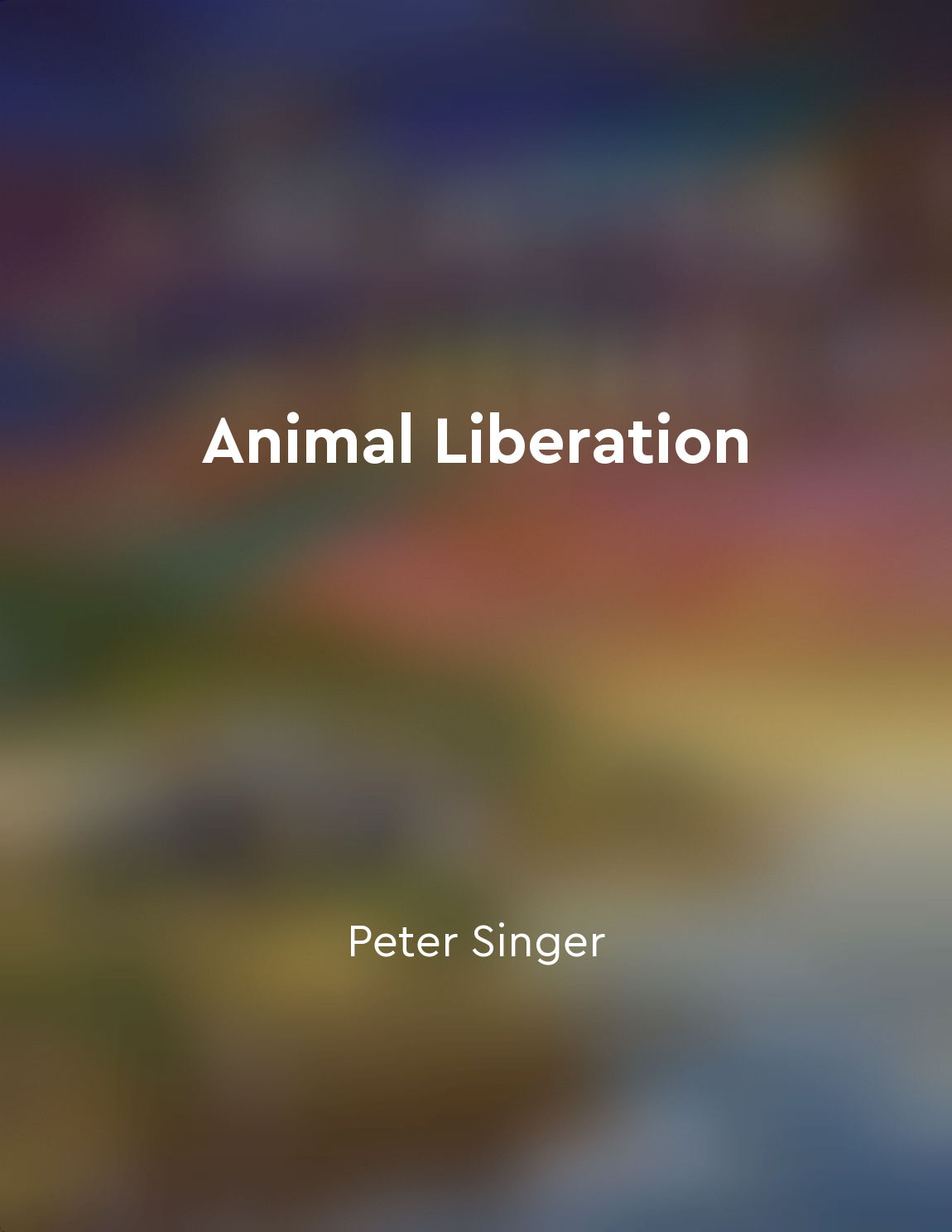They exhibit a range of emotions from "summary" of The Hidden Life of Wolves by Jim Dutcher,Jamie Dutcher,James Manfull
Wolves are not just mere animals living in the wild. They are complex beings capable of experiencing a wide spectrum of emotions. Just like humans, wolves exhibit joy, fear, anger, and sadness. Their emotions are palpable in their interactions with one another and their environment. When a wolf feels happy, it is evident in their playful behavior. They romp and frolic with one another, their tails wagging in excitement. Their joy is contagious, spreading throughout the pack like wildfire. It is a beautiful sight to behold, witnessing these magnificent creatures reveling in the simple pleasures of life. On the other hand, wolves also experience fear. When faced with a threat, their bodies tense up, their ears flatten against their heads, and they emit low growls of warning. Fear is a survival mechanism for wolves, keeping them alert and ready to defend themselves against any danger that may come their way. Anger is another emotion that wolves are not immune to. When challenged by a rival pack, wolves display aggression in order to protect their territory and their pack members. Their bodies swell with power, their teeth bared in a menacing snarl. Anger fuels their determination to stand their ground and emerge victorious in the face of adversity. Sadness is perhaps the most poignant emotion that wolves experience. When a member of the pack passes away, the remaining wolves mourn their loss. They howl mournfully into the night, their voices filled with grief and longing. It is a heartbreaking reminder of the deep connections that exist within the wolf pack, bonds that transcend death itself.- Emotions play a vital role in shaping their interactions and relationships. These noble creatures navigate the complexities of their world with a depth of feeling that is both profound and relatable. To witness a wolf exhibiting a range of emotions is to witness the essence of what it means to be truly alive.
Similar Posts

Animal rights extend to all sentient beings
The idea that animal rights should extend to all sentient beings is a radical notion that challenges the conventional wisdom ab...
The significance of childhood in shaping adult behavior
Childhood plays a crucial role in shaping the behavior of adults. The experiences we have during our formative years can have a...
Our emotions are powerful triggers for growth
Emotions are not just fleeting feelings that come and go without leaving a trace. They have the power to shape our experiences,...
Friendliness promotes peaceful coexistence
Friendliness is not just a trait that makes someone likable or easy to get along with. It is a powerful force that can shape th...
The human capacity for language shapes our instincts
The ability to communicate through language is a defining characteristic of humanity. This capacity not only allows us to conve...
Reinforce good behavior consistently to establish a pattern
To establish a pattern of good behavior, consistency is key. By reinforcing desired actions every time they occur, you are teac...

The resilience of animals in the face of adversity
In the face of what looked like an insurmountable challenge, the animals displayed a remarkable ability to bounce back and adap...
Embrace a partnership with animals in healing
When we talk about healing, we often think about doctors, medications, and treatments. But have you ever considered the role th...
Honoring our emotions allows us to access our inner wisdom
To honor our emotions is to give them the respect and attention they deserve. Emotions are not just passing feelings; they are ...
Control the conversation to guide prospects toward a close
Mastering the art of persuasion requires the ability to steer discussions in a way that aligns with the prospects' needs and de...

